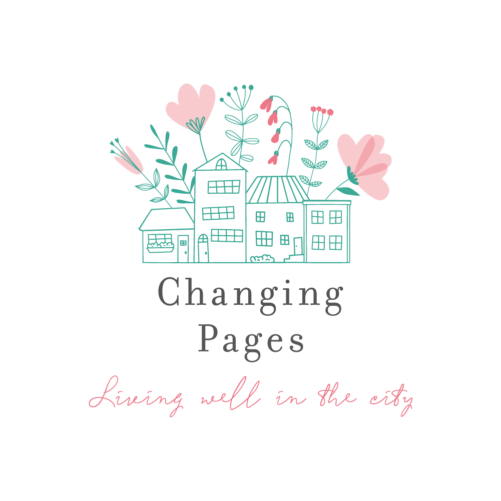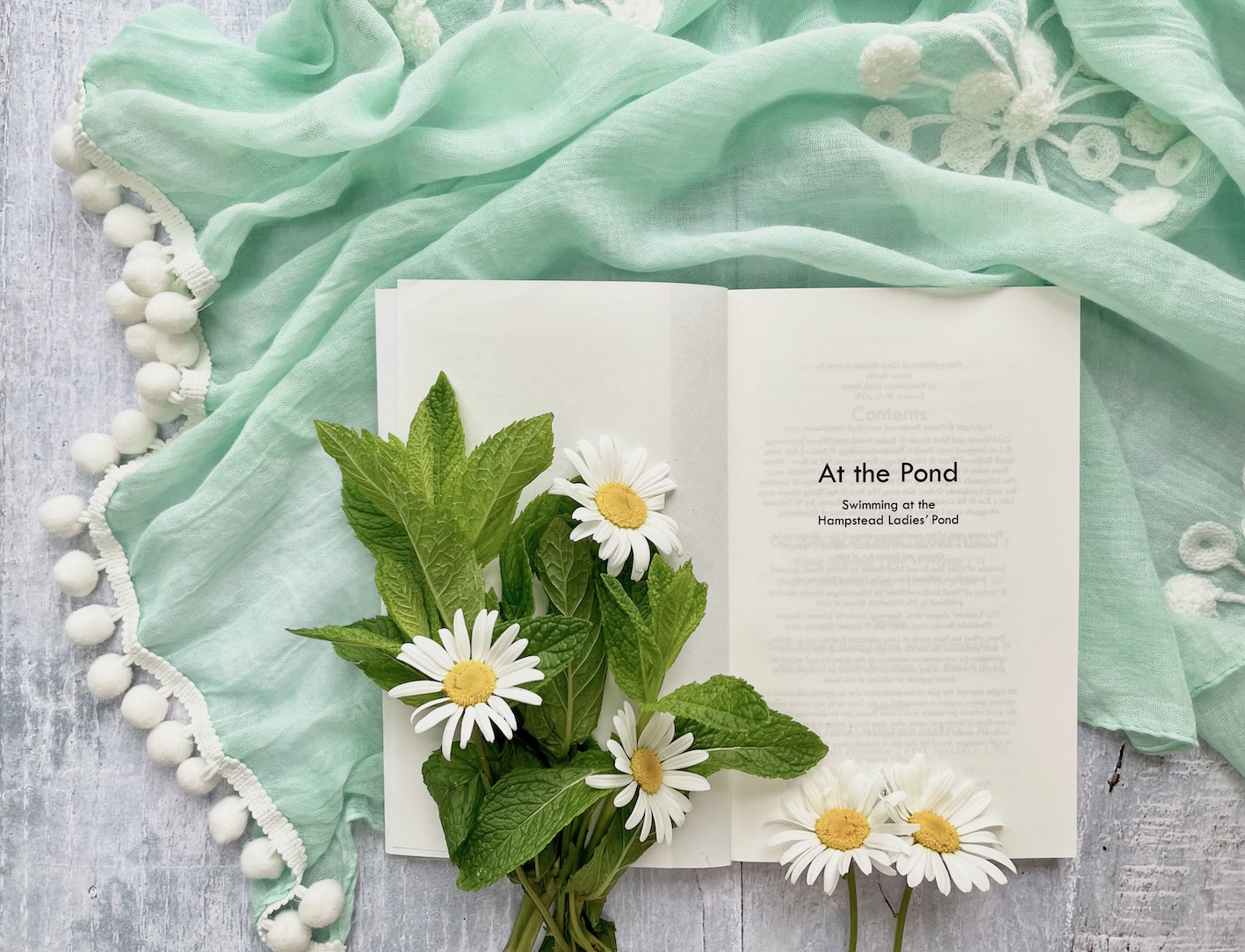“I loved to lower myself down the rungs of the ladder and launch myself into the silky waters of the Pond. There was something magical about the unplumbed depths, the moorhens, the dragonflies, the water lilles, willows, the floating rings and the rafts” –Margaret Drabble
It is late afternoon, the air is warm and the heat of the sun still strong enough to burn pasty English skin. The grass is long flecked with yellowy brown patches, a result of the current spell of hot London weather. Tube trains rattle past in the near distance and an occasional aeroplane breaks the cornflower blue blanket of sky. I am sitting on a slip of grass segregating houses and shops. I am vaguely aware of school children and parents on the same patch of grass, but actually I am lost in thoughts of slipping into the silky green waters of Hampstead ladies’ Pond.
For me, Hampstead ladies’ Pond has always had the aura of a mythical club, open only to those who commune with Neptune and mermaids. I imagine ethereal water nymphs darting beneath the surface and lithe women dressed in aquamarine silken garb slipping into the inky waters.
Hampstead Ladies Pond is a special place. Like Hampstead heath itself, it is a place of peace and tranquilly in the midst London’s of urban sprawl. It has been officially open for public swimming since 1925 although it is presumed to have been used unofficially long before that.
I have only ever seen the ladies Pond from afar when walking on Hampstead Heath. I have never been beyond its magical gates. Reading ‘At The Pond’ a wonderful collection of essays written by those women who do swim in the Pond, I may almost be brave enough to step beyond the gate.
The 14 essays within the pages of ‘At the Pond’ visit the pond through the seasons. All the contributors are contemporary writers. Between them they explore the history of the pond intertwined with their own personal recollections and experiences of swimming there.
The opening essay is by Esther Freud. She has swum regularly in the pond for 30 years. She initially swam only in fair weather, until after a difficult time she found courage to take the plunge during the colder days. Gradually over time as the temperature dropped her confidence and stamina increased. In October half of the pond is cordoned off and lifeguards warn of the need to come twice a week to acclimatise as the temperature plummets. She describes swimming on a new years day when the pond was entirely frozen over. The life guards had broken up the ice to create one narrow swimming lane. The descriptions of her love for the water, the women that swim there and the wild life that form part of her morning swim are intoxicating.
“Two ducks glided by, and a heron, wise and faintly disapproving, watched me from the bank. I dipped my head under, and just like that, the mud silk of the water soothed me, released me, and when I burst up, I felt for a moment, happy”. –Esther Freud
Nell Frizzell is a writer but for a while she was also a life guard at the pond. From her privileged position atop the life guards yellow canoe, she looks down in the shallows and depths of the pond. She sees what those bobbing around in the water cannot. Shoals of roach, crayfish, moor chicks and abandoned bras, and carp! She witnessed the heartbroken, the brow beaten and the ill transformed by the water. All of life it seems, comes to the ponds, not just the ethereal nymphs of my imagination.
Many of the writers write about the effect slipping below the leafy surface has on their sense of wellbeing. The healing powers of the water were vital to Deborah Moggach. As a young mother struggling with domesticity and writing the pond was a place of escape for her. Snatched moments hidden in the depths of the pond saved her sanity. For Sophie Mackintosh, the pond is a place to find quiet and escape the commotion inside her head.
“Sometimes it feels like London will chew you p and also put you back together. Theres a deep unfairness to it. I think sometimes – resentful at how drained I am, at the bad decisions the late night splendour of the city enabled me to make – and how all it takes is one summertime walk through a place like the Heath to make me forgive and forget. In the Pond, everything fades away……There is no better hangover cure, me and my friends agree. No better forgiveness. No better permission to be still.” –Sophie Mackintosh
Wild swimming is certainly having a moment right now. Even if you don’t live close enough to visit Hampstead Ladies Pond, this evocative book may well have you seeking other local wild swimming spots. I’ve swum in the sea three times since reading it!
You can purchase At The Pond and support local bookshops here.



